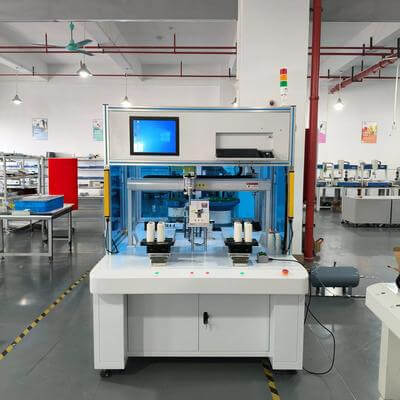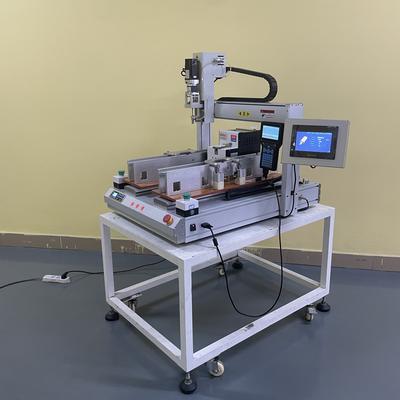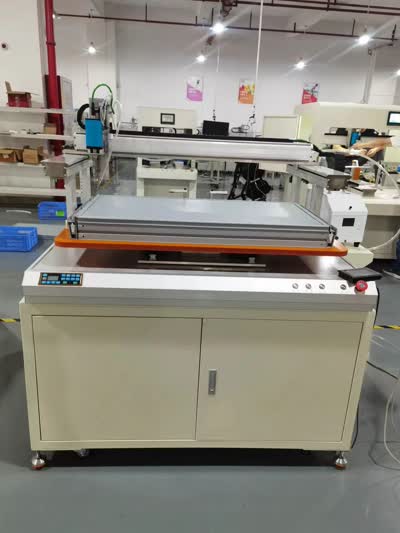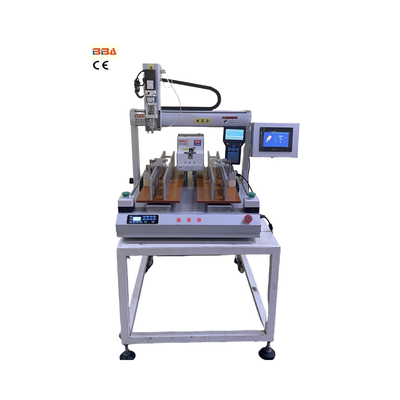Industrial Screw Fastening Machines | Automated Assembly Solutions
| Product Name | Applicable industries |
| Servo Screwdriver Robot | Industrial Control Panel Assembly |
In the world of industrial manufacturing, efficiency and precision are paramount. One of the key components driving productivity in assembly lines is the screw fastening machine. These automated systems have revolutionized how industries handle fastening tasks, offering unparalleled speed, accuracy, and reliability. This article explores how screw fastening machines improve productivity and why they are essential for modern manufacturing operations.
Screw fastening machines automate the process of driving screws into components, eliminating the need for manual labor. This automation significantly reduces the time required for assembly tasks. Unlike manual screwdriving, which is prone to fatigue and inconsistency, automated systems operate at high speeds with consistent torque and precision. This leads to a faster production cycle and higher output rates, allowing manufacturers to meet demanding deadlines without compromising quality.
Another critical advantage is the reduction in errors and defects. Human operators can make mistakes, such as cross-threading, over-tightening, or under-tightening screws, which can lead to product failures or recalls. Screw fastening machines are programmed to apply the exact torque required for each screw, ensuring perfect fastening every time. This minimizes the risk of defects, enhances product quality, and reduces waste and rework costs.
These machines also contribute to a safer working environment. Manual screwdriving can cause repetitive strain injuries (RSIs) and other musculoskeletal disorders among workers. By automating this task, companies reduce the physical strain on employees, leading to fewer workplace injuries and lower healthcare costs. Additionally, automated systems can handle hazardous or hard-to-reach areas, further protecting workers from potential accidents.
Integration with existing production lines is seamless, thanks to advanced control systems and adaptability. Modern screw fastening machines can be customized to handle various screw sizes, types, and materials, making them suitable for diverse applications—from electronics and automotive to aerospace and consumer goods. They can also be equipped with vision systems and sensors to detect misalignments or missing screws, ensuring every product meets strict quality standards.
Moreover, data collection and analytics capabilities provide valuable insights for continuous improvement. These machines can monitor performance metrics such as cycle times, torque values, and error rates, allowing managers to optimize processes and identify bottlenecks. This data-driven approach enables proactive maintenance, reducing downtime and extending the equipment's lifespan.
In conclusion, screw fastening machines are a cornerstone of industrial automation, delivering significant productivity gains through speed, accuracy, and reliability. By reducing errors, enhancing safety, and enabling data-driven decisions, they empower manufacturers to achieve higher efficiency and competitiveness in today's fast-paced market. Investing in such technology is not just a step toward automation but a leap toward future-proofing manufacturing operations.



